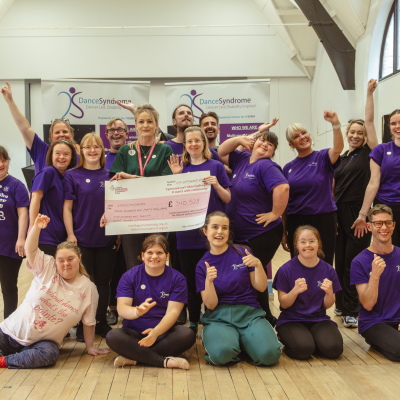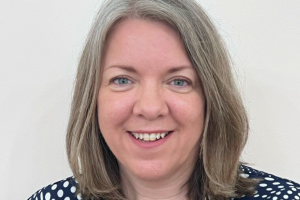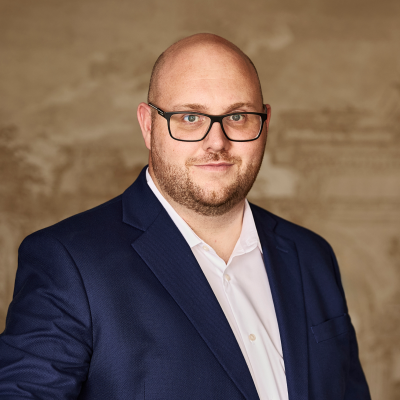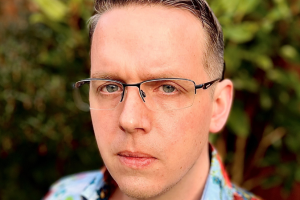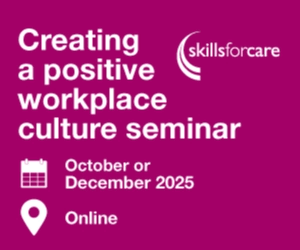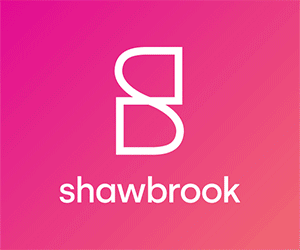Local community group, DanceSyndrome, is today celebrating after being awarded £340,528 in National Lottery funding to support its work with people with learning disabilities. The group, based in Lancashire, will use the money to continue to support and expand their community provision by 2030, including creating pathways for children with learning disabilities to take part in accessible dance sessions at all ages, leading up to joining the charity’s existing sessions for adults.
DanceSyndrome has been running since 2009. It was founded by Jen Blackwell and her parents after she found it difficult to find opportunities in community dance that were accessible to people with learning disabilities. Jen wanted to co-lead community dances sessions without her disability being a barrier, so DanceSyndrome developed a co-production model where Dance Leaders with Learning Disabilities work in equal partnership with professional Dance Artists to create dance activities that are accessible to everyone. This co-production approach is fundamental to DanceSyndrome’s success because it encourages people with and without disabilities to think differently about what people can achieve, when given the right support.
The charity currently co-delivers four public in-person Everybody Dance community sessions and five online sessions every week, alongside a wide range of performance and professional development opportunities. Adults with learning disabilities attending these Community sessions reported that DanceSyndrome has helped them increase their confidence, learn new skills for independent living, volunteering and work, and develop a sense of belonging. Over the last two years, work has begun to expand this impact by working with young people as well as adults. A DS Youth Collective was formed in 2023, and the success of this group highlighted the need for a wider programme of inclusive activities for children and young people in the North West, and beyond.
The new funding from The National Lottery Community Fund, which distributes money raised by National Lottery players for good causes and is the largest community funder in the UK, will see new sessions being created for children at different stages of development, including Early Years, Infants, Juniors and Teens. This will create a full pathway in each location where DanceSyndrome delivers sessions for adults.
Julie Nicholson, DanceSyndrome Managing Director said: “We’re delighted that The National Lottery Community Fund has recognised our work in this way. Now, thanks to National Lottery players we will be able to create accessible opportunities for people of all ages and abilities to enjoy the amazing health and wellbeing benefits of dance and movement. This is so important because we regularly hear from families whose children absolutely love to dance and feel huge benefits from it, but find it difficult to access mainstream activities. Everyone in society benefits when people of all abilities are supported and included. We want to put that into practice from a very young age, so that families can feel connected with their communities and access the life-changing opportunities that dance can bring.”
The National Lottery Community Fund recently launched its strategy, ‘It starts with community’, which will underpin its efforts to distribute at least £4 billion of National Lottery funding by 2030. As part of this, the funder has four key missions, which are to support communities to come together, be environmentally sustainable, help children and young people thrive and enable people to live healthier lives.
National Lottery players raise over £30 million a week for good causes across the UK. Thanks to them, last year (2023/24) The National Lottery Community Fund awarded over half a billion pounds (£686.3 million) of life-changing funding to communities across the UK, supporting over 13,700 projects to turn their great ideas into reality.
Anyone who would like to register their interest in future workshops for children and young people should visit www.dancesyndrome.co.uk or find DanceSyndrome on social media.


